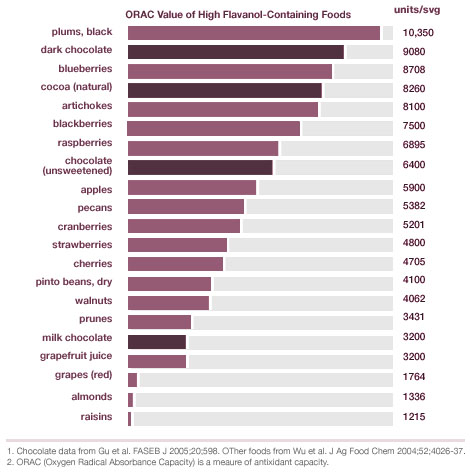I eat a reasonably varied diet, I think, but there are a few ‘stock items’ that recur in my overall food intake. One example of this is a commonly-eaten breakfast of Greek (10 per cent fat) yoghurt, berries and nuts. The last couple of mornings I’ve had the pleasure of some freshly shelled walnuts. And while I sometimes use fresh berries, I rely for most of the year on frozen mixed berries that I buy in the local supermarket. The berries, which include blackberries and redcurrants, can be a little sharp on the tongue, so I indulge myself with a little drizzle of honey too – just enough to take the edge off.
This breakfast ticks a number of boxes for me. Firstly, and importantly, it’s relatively low-carb. And it’s certainly a lot lower-carb than normal breakfast fodder such as toast and cereal. It is also a quite nutritionally varied ensemble: the yoghurt, berries and nuts all have relatively distinct nutritional attributes I think, and together form something that is relatively complete from a nutritional perspective.
I also like the facts that it’s super-quick to prepare and, to me anyway, enjoyable to eat. An added and important bonus is that even a relatively small bowl of this stuff will generally last me (and others) well into the morning. This relatively simple breakfast has real staying power, which is something to do, I suspect, with it’s relatively tempered release of sugar into the bloodstream, coupled with a decent content of both protein and fat.
One other reason for choosing this particular breakfast has to do with one if its ingredients – the berries. I don’t eat an awful lot of fruit. Some years ago I decided to do a bit of a ‘juice detox’ over a weekend and ended up hungry and a few pounds heavier. I have since realised that fruit does not suit my metabolism particularly well, which I suspect has something to do with the fact that it’s generally loaded with sugar. I do eat quite a lot of (non-starchy) veg though.
Berries are relatively low-carb, but also quite rich in nutrients, particularly what are known as ‘polyphenols’. Polyphenols are known to have antioxidant capacity, which means they can help neutralise ‘free radicals’ – damaging, destructive chemical entities linked with disease. The antioxidant action of foods can be measured and expressed as something known as the ORAC (oxygen radical absorbance capacity). Below, are some ORAC values of generally-decent foods. You’ll see that the ORAC values for berries are generally high.
I was interested to read about some research today here which suggests that part of the body polyphenols might have particular benefit for is the brain. This research, presented earlier this week at the National Meeting of the American Chemical Association, has found that berry polyphenols help maintain and normalise the function of cells in the brain called ‘microglia’.
One of the functions of these cells is to remove and recycle biochemical debri that if left to build up in the brain, might damage it and interfere with brain function. As we age, the microglia can become increasingly less efficient at doing their job, and this can increase the risk of degeneration in the structure and function of the brain. From the report of this study it seems as though berry polyphenols help to maintain the function of microglia in terms of their ‘housekeeping’ function.
By the looks of things, this study was done on rat brain cells cultured in the lab which is quite far removed from human nutrition in the real world. However, we do have other evidence which shows that the feeding of rats with berry extracts has the ability to improve motor function and cognitive function, including memory [1].
We just don’t know if eating berries has similar brain-preserving properties in humans. But their relatively low-sugar and highly-nutritious nature means that I’ll continue to use them as a stock item at breakfast whenever possible.
References:
1. Joseph JA, et al. Reversals of age-related declines in neuronal signal transduction, cognitive, and motor behavioral deficits with blueberry, spinach, or strawberry dietary supplementation. J Neurosci 1999;19:8114–8121
